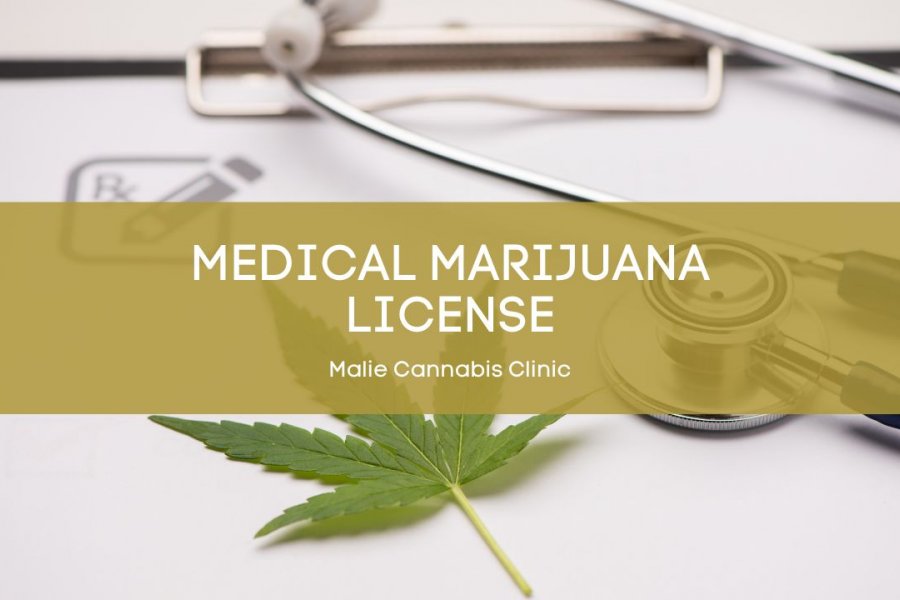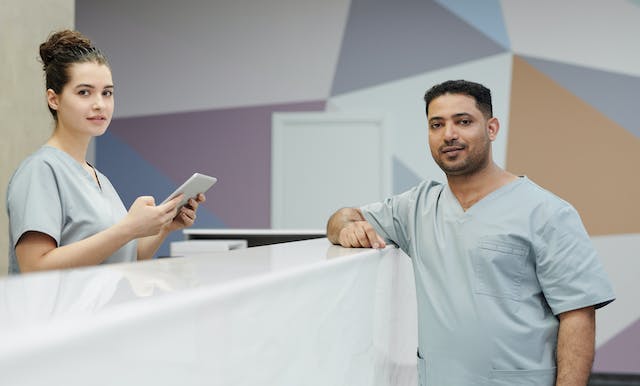
Medical marijuana, recognized for its potential therapeutic benefits, has seen a progressive shift towards legalization and acceptance in various jurisdictions, including Hawaii. As such more people are starting to look into using it for medical remedies and are in need of licenses.
This post covers the integral aspects of acquiring a medical marijuana license, particularly focusing on the process within Hawaii.
Understanding Medical Marijuana
The exploration of medical marijuana as a therapeutic agent has gained significant momentum over the past few decades, challenging long-standing perceptions and regulatory frameworks around cannabis use. This shift is primarily fueled by the increasing body of scientific evidence highlighting the potential medical benefits of cannabinoids, the active compounds found in the cannabis plant.
Among these, THC (Delta-9-tetrahydrocannabinol) and CBD (cannabidiol) are the most studied and recognized for their ability to alleviate symptoms of various medical conditions. THC is known for its psychoactive properties, while CBD is prized for its therapeutic effects without inducing a high. Together, they make medical marijuana's therapeutic potential known and offering relief.
Hawaii’s Medical Marijuana Licensing
The legal aspect of medical marijuana has evolved significantly, with many jurisdictions, including Hawaii, establishing regulated programs to facilitate safe access for patients. These programs are designed to ensure that patients suffering from a range of conditions — from chronic pain and severe nausea to epilepsy and multiple sclerosis — can legally obtain and use cannabis for its medicinal properties.

Hawaii's approach to medical marijuana is structured around a comprehensive system that ensures both accessibility for patients and adherence to regulatory standards. The crucial component of this system is the 329 card, a medical marijuana license that signifies a patient's eligibility and legal right to possess and use cannabis for medicinal purposes.
As the stigma surrounding cannabis begins to dissipate, the medical community and patients alike are increasingly considering medical marijuana as a viable treatment option, prompting a need for comprehensive regulatory frameworks and ongoing research to fully understand and harness its potential benefits.
The 329 Card: Gateway to Legal Access
The journey to obtaining a 329 card starts with the patient initiating an online application, which sets the stage for a mandatory consultation with a physician. This consultation is not merely a formality but a critical evaluation to confirm that the patient's condition aligns with the state's specified qualifying conditions, which include, but are not limited to, cancer, epilepsy, PTSD, and chronic pain.
Qualifying Conditions and Application Nuances
The spectrum of qualifying conditions in Hawaii is broad, encapsulating various ailments that could benefit from medical cannabis treatment. Post-application, the physician plays a crucial role in completing the process, ultimately leading to the state's approval and issuance of the 329 card. It's important for applicants to come prepared with all necessary medical documentation to substantiate their application.

Medical Marijuana Dispensaries and Usage Protocols
Upon receiving a 329 card, patients gain access to licensed dispensaries across Hawaii. These establishments serve as educational hubs where patients can learn about different cannabis strains and consumption methods tailored to their specific medical needs.
Legal Considerations and Compliance
Holding a 329 card comes with the responsibility of adhering to Hawaii's cannabis laws, including possession limits and consumption regulations. For instance, public consumption of cannabis remains prohibited, underscoring the importance of understanding and complying with local laws to avoid legal complications.
Renewal and Ongoing Management
The 329 card requires annual renewal, emphasizing the importance of ongoing management and compliance with the evolving landscape of medical marijuana regulations.
The Role of Healthcare Providers
Healthcare providers are integral to the medical marijuana ecosystem, offering guidance and support throughout the application process and beyond. Open communication with healthcare professionals can help patients navigate the nuances of medical marijuana treatment, ensuring it complements their overall healthcare plan.
How to Obtain License for Medical Marijuana in Malie
For residents of Malie or anyone in Hawaii looking to obtain a medical marijuana card, the Malie Cannabis Clinic offers a structured and supportive process to guide patients through the necessary steps. This begins with booking an appointment at the clinic, which is the first step toward getting evaluated by a qualified healthcare professional.

The clinic emphasizes the importance of completing a Department of Health (DOH) application and provides detailed instructions on their website to assist patients in this process, ensuring that all required documents are uploaded correctly.
Once the DOH application is in order, patients undergo an evaluation by a nurse practitioner or physician at the clinic. This evaluation includes a review of the patient's medical history and a physical exam to determine if they meet the state's requirements for medical marijuana use.
The Malie Cannabis Clinic stands out for its compassionate approach, with a focus on providing peace and relief to patients through medical cannabis certifications. Their staff is dedicated to assisting patients throughout the enrolment process, and they offer this support at no additional charge, highlighting their commitment to patient care.
Should a patient not qualify for medical marijuana, the clinic has a policy where no fee is charged for the visit, reducing the risk for patients seeking evaluation. Additionally, the clinic provides a wide range of information on qualifying conditions recognized by the state of Hawaii, ensuring that patients are well-informed about the criteria for medical marijuana use.
Bottom Line
Acquiring a medical marijuana license in Hawaii, and specifically for residents of Malie, involves a detailed process that requires thorough preparation, legal compliance, and active engagement with healthcare providers. The 329 card is a crucial element that grants legal access to cannabis for therapeutic use, aligning with Hawaii's commitment to providing alternative treatments for patients in need.
As the medical marijuana landscape continues to evolve, it remains imperative for patients and healthcare providers alike to stay informed and engaged with the latest developments and regulations. For inquiries, contact Malie Cannabis Clinic!